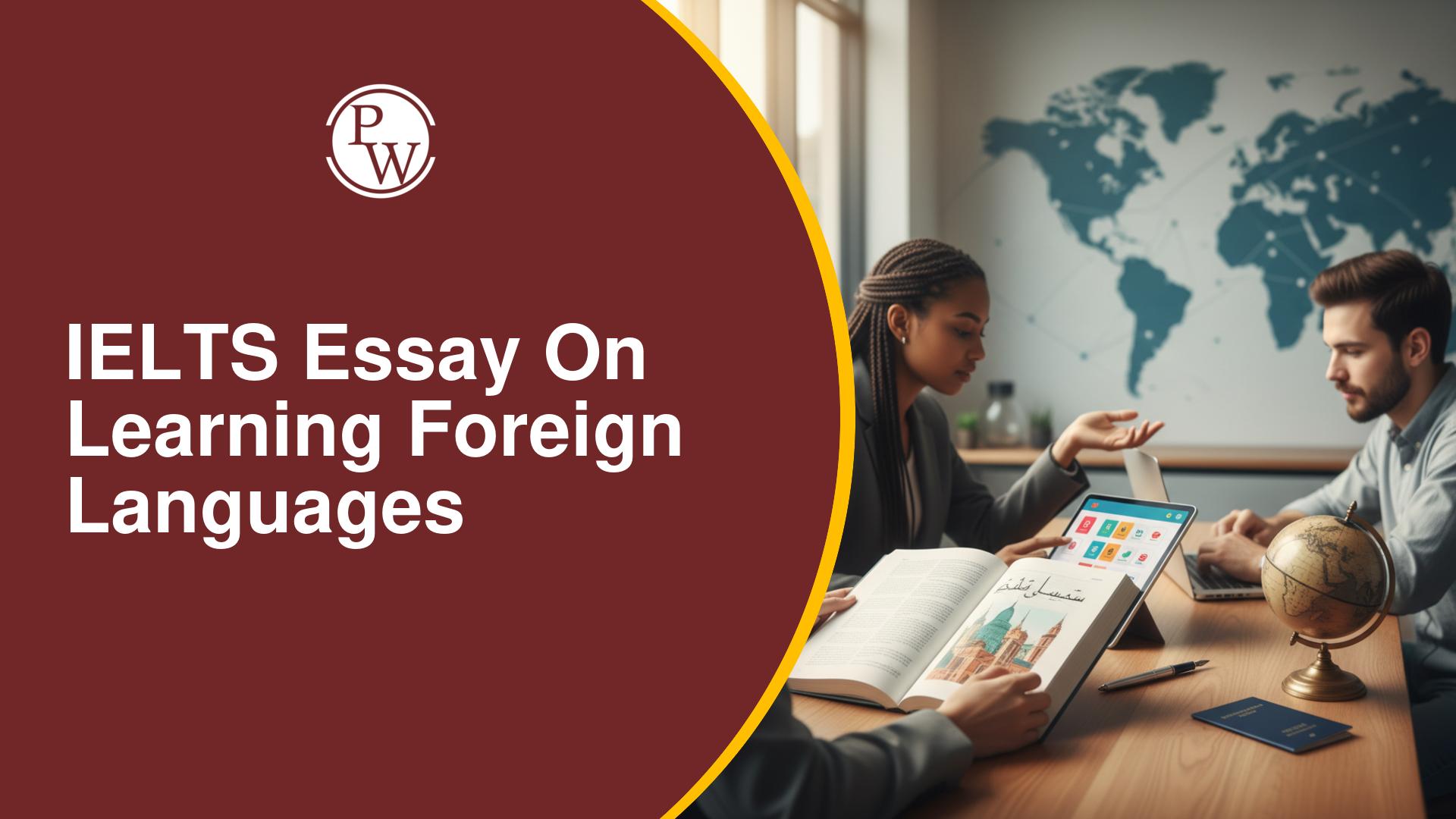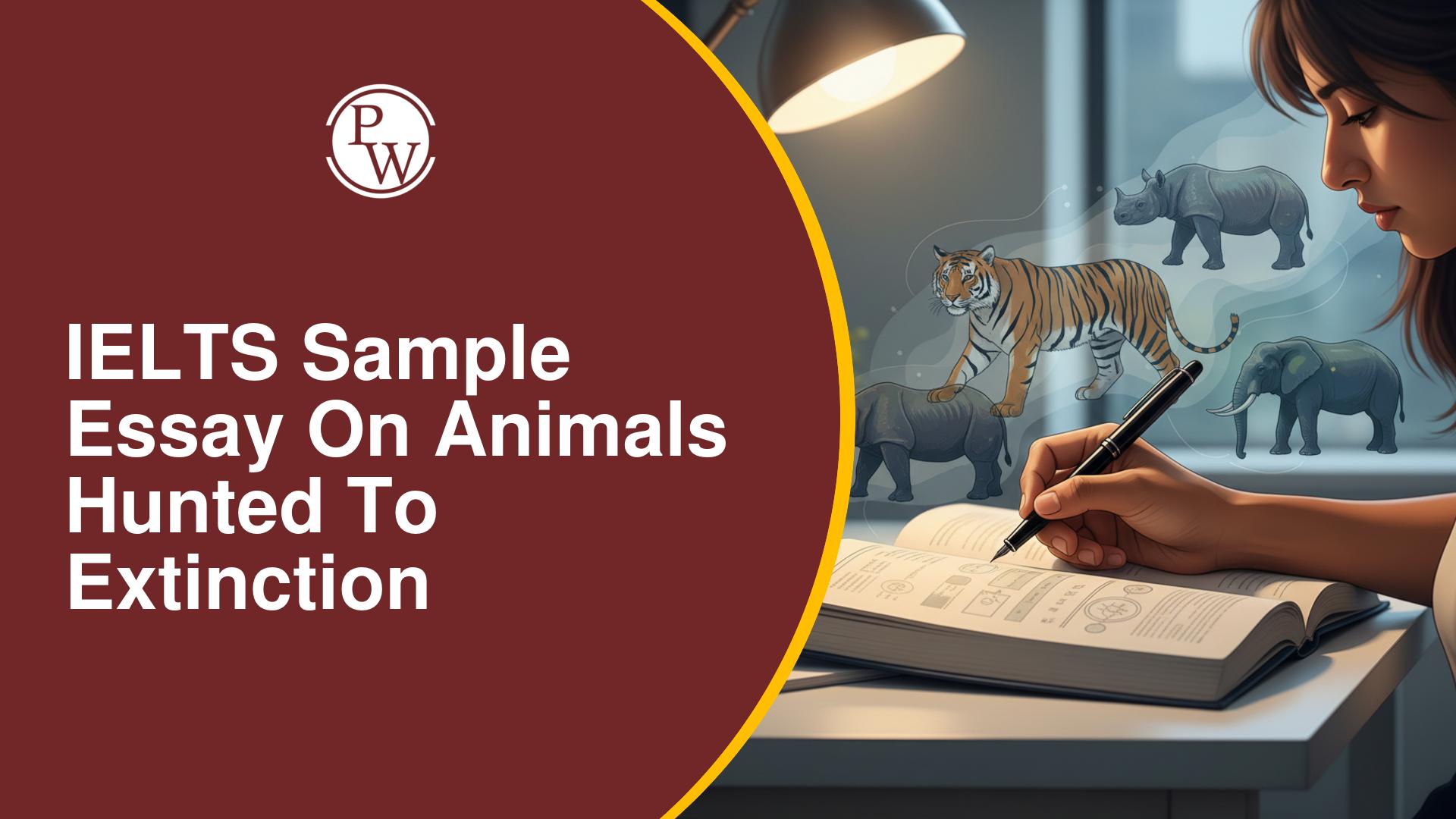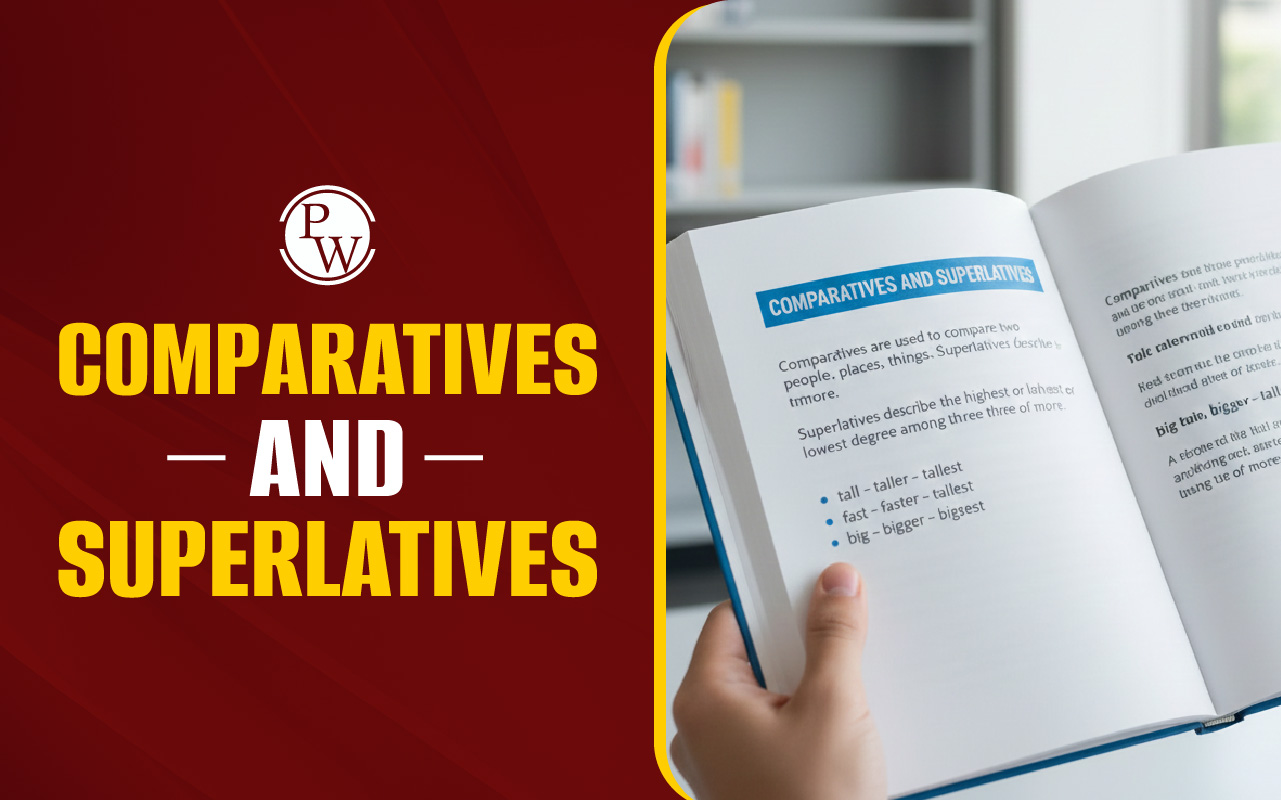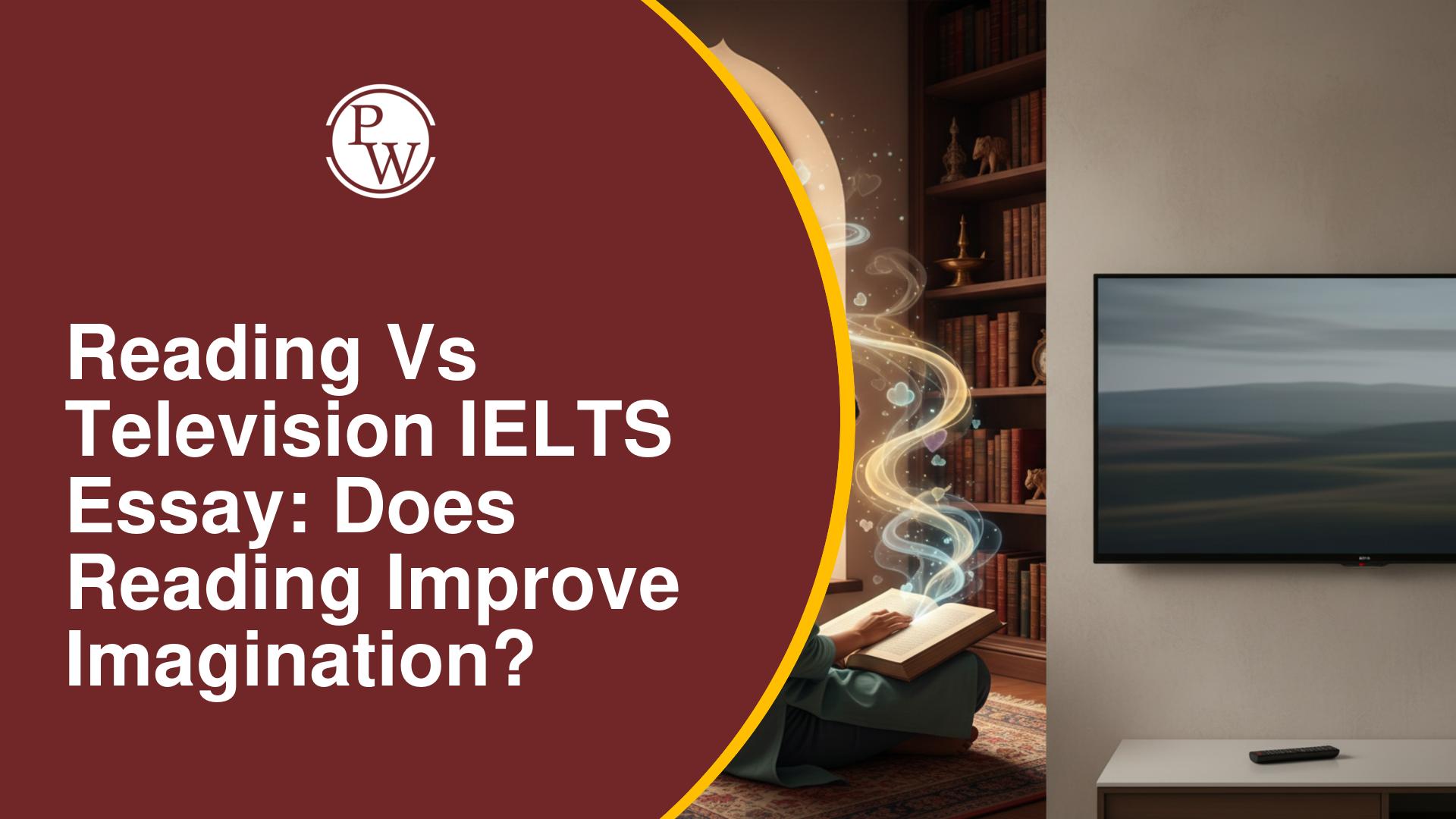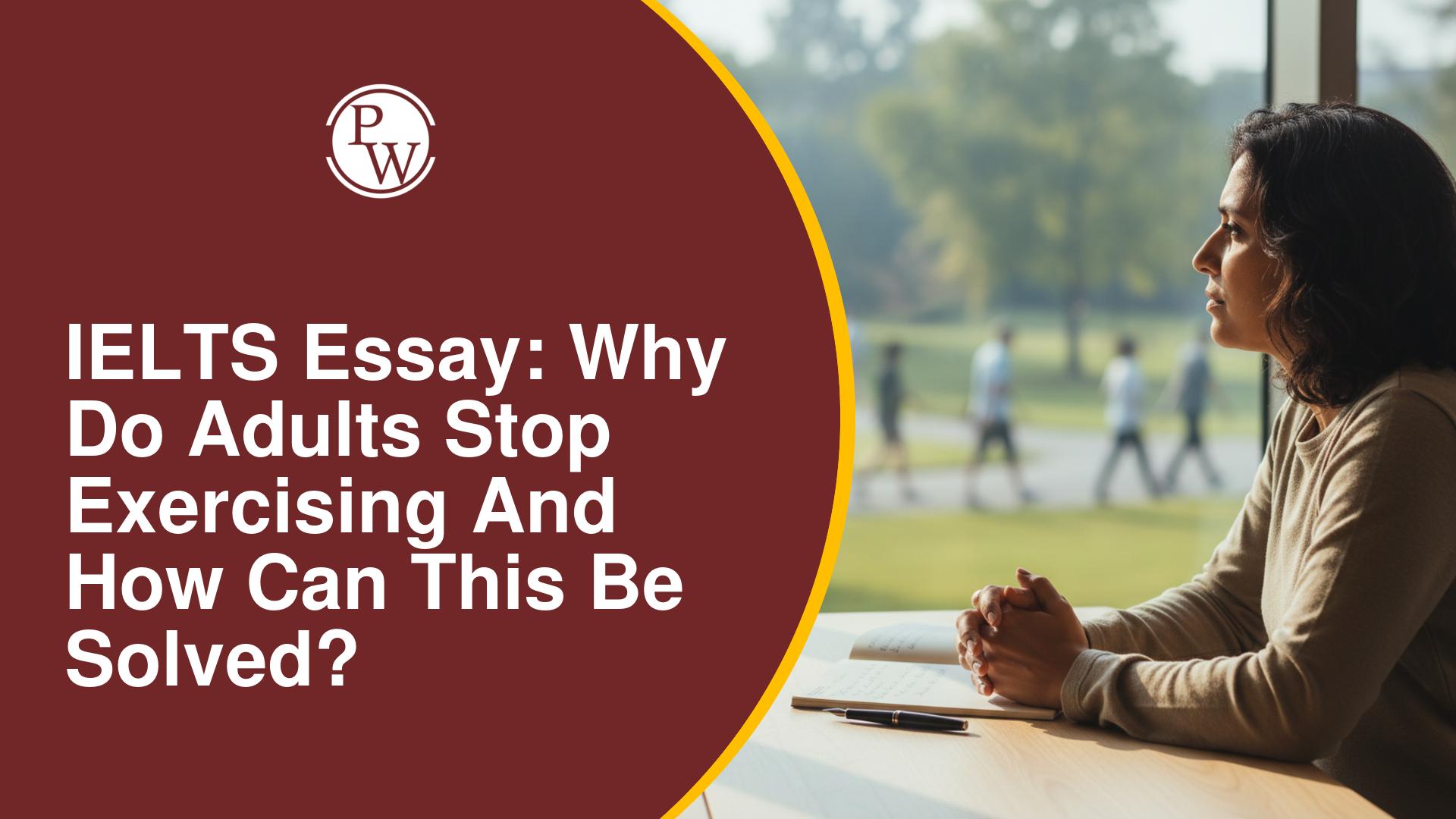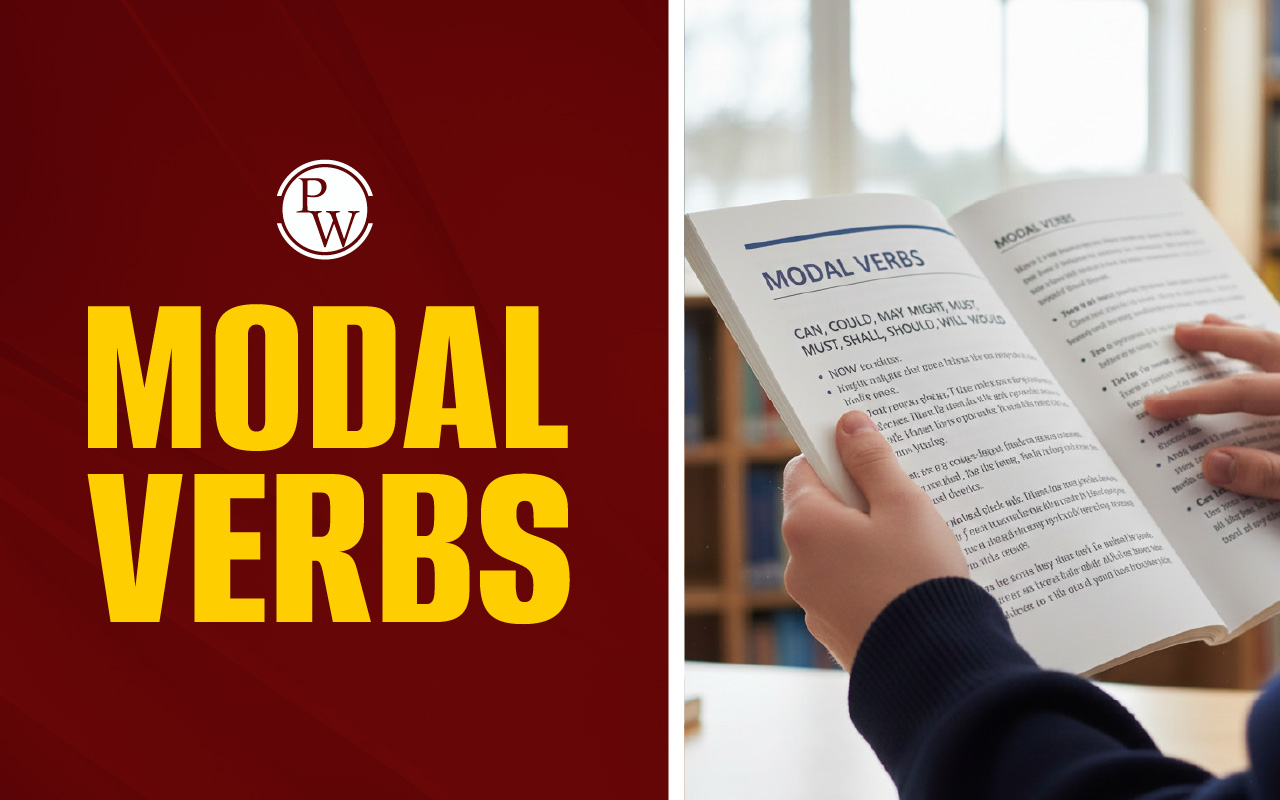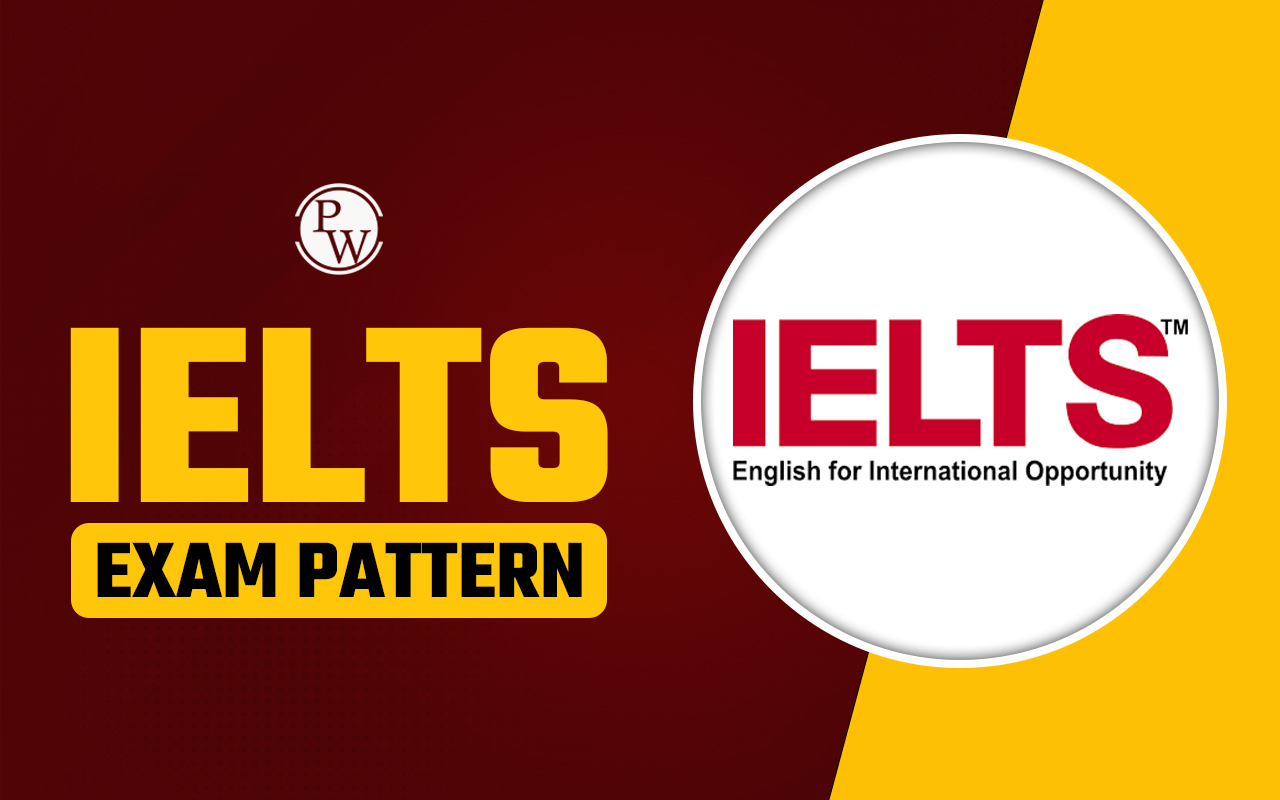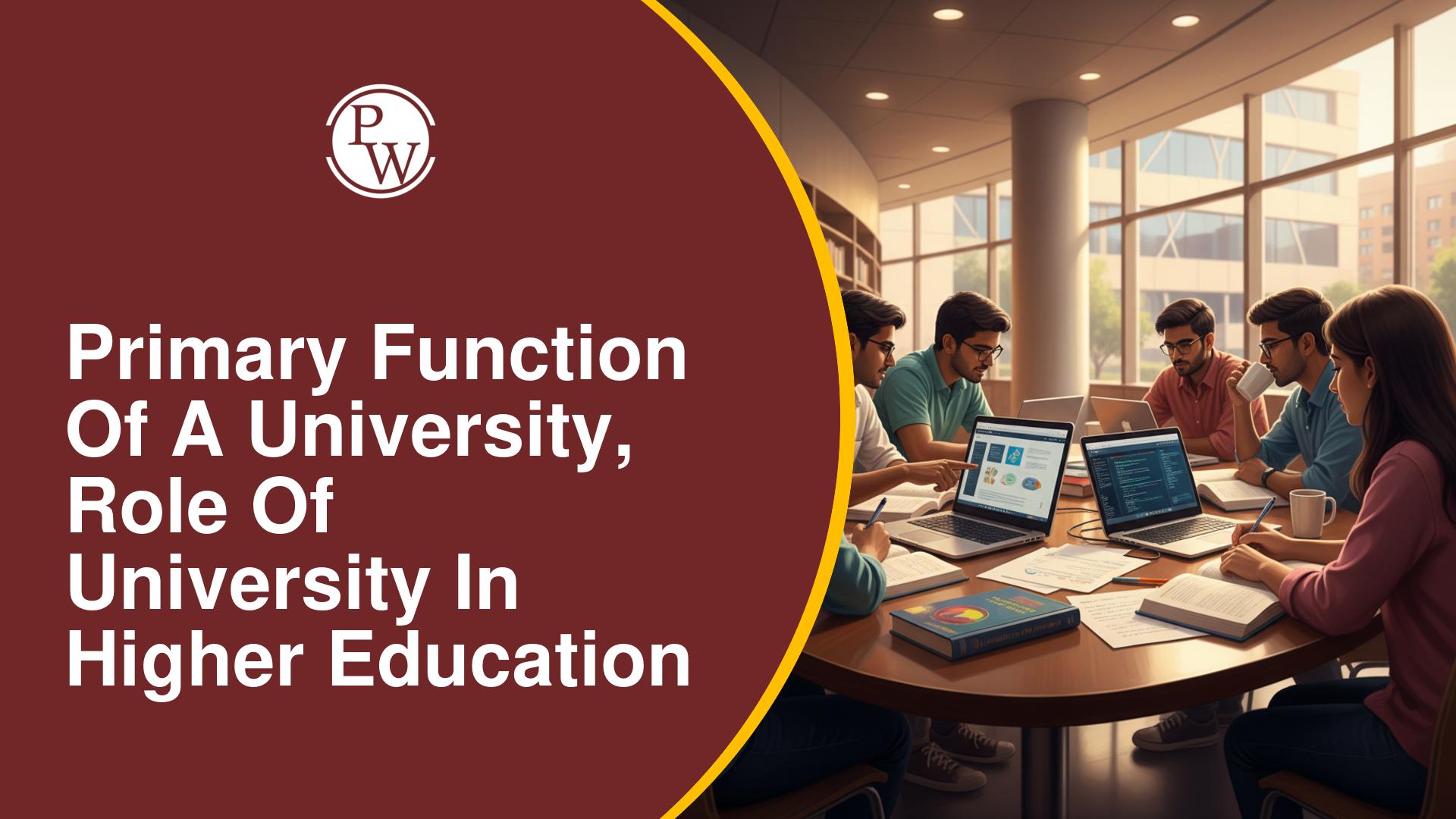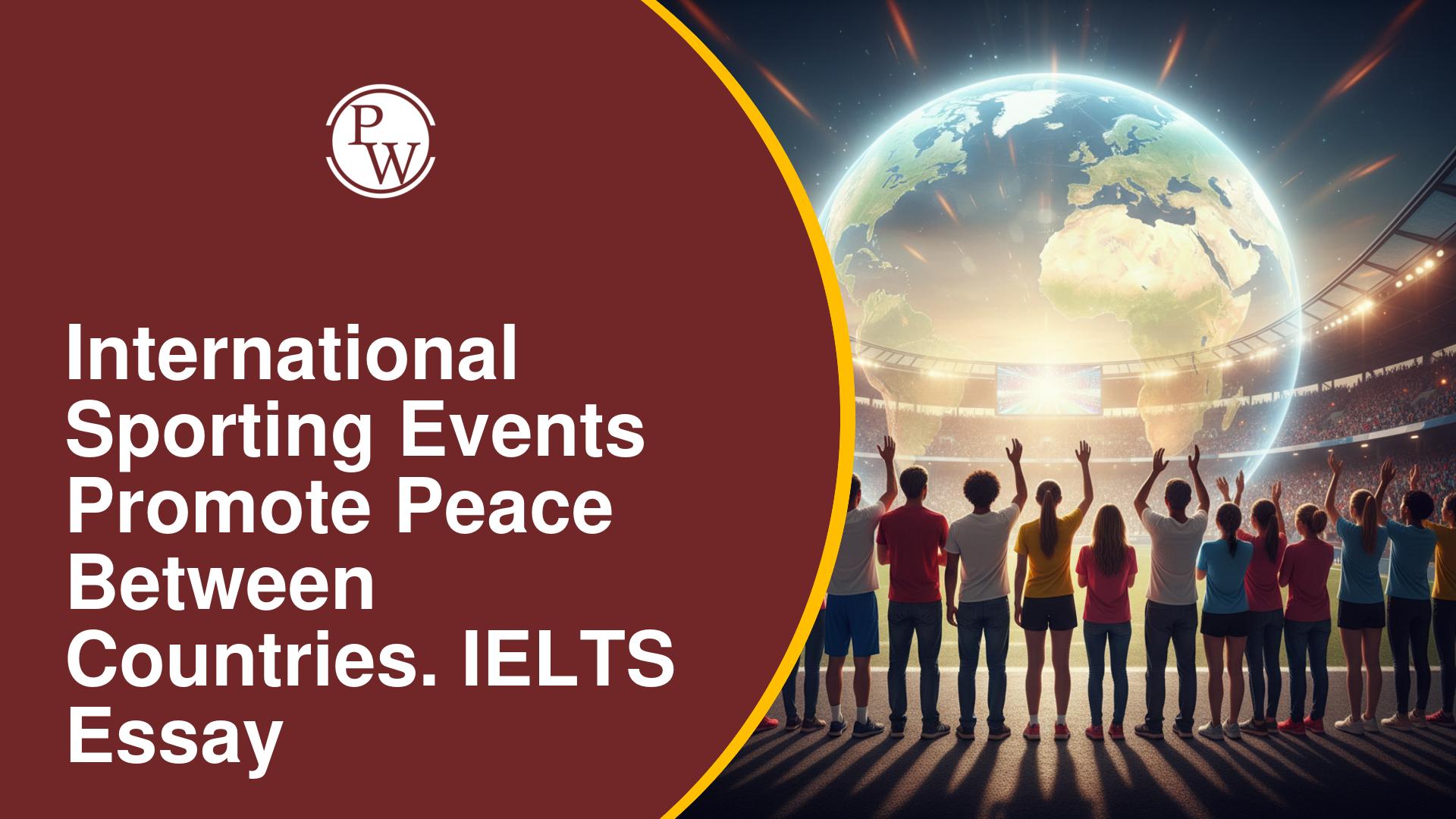
Describe An Occasion When You Got Incorrect Information : The speaking section of the IELTS exam is one of its most important sections. Several activities, including cue cards, are included in this section. The second task on the IELTS speaking exam is the cue card. You must speak and communicate clearly in this section using the IELTS cue card topic covered in the exam.
The IELTS speaking cue card "Describe An Occasion When You Got Incorrect Information" is a common one. Everybody has an experience to share about this topic. It is easy to get a high score by sharing any of your experiences.How to answer IELTS Cue Cards
The first step is understanding the IELTS cue cards, answering them requires careful thought. The examiner gives you a minute to consider the topic. Spend enough time understanding the subject before answering the second IELTS speaking section task. The following are the key topics to think about when discussing the topic: Describe an Occasion When You Got Incorrect Information.- When did you get it?
- How Did You Get It?
- How Did You Find It Was Incorrect?
- How Do You Feel About It?
Describe An Occasion When You Got Incorrect Information Sample Answer 1
Learn how to use the right vocabulary in the answer by looking at the sample answer for this cue card: Describe an Occasion When You Got Incorrect Information. Introduction I once got false information about the results of some championship matches at the state level. A few months back, during the championship season, this event happened. Given my passion for sports, especially state-level tournaments, I got excited to hear about the latest results. When you get it I often use a sports app to follow the results and live games, and that's where I found this incorrect information. How you got it The app provided live information on matches, scores, and summaries from different sports. I trusted this source for a long time because of its reliability and constant reporting. How you found it was incorrect I was shocked by the unexpected result when I found out how an important game in the state championship ended. But while browsing another sports news website later that day, I found an article that was different from the earlier information. The match's correct score was provided in the article, along with a different winner than the one the app had originally shown. And how you felt about it The difference between the statistics from the sports app and the actual results disappointed and slightly irritated me. I respect accuracy, especially in sports news, so discovering that the information I had depended on was incorrect was difficult. I also couldn't help but feel fooled because I trusted the app's reliability. Conclusion The experience taught me how important it is to verify information from multiple reliable sources before accepting anything. Even though it was disappointing, it was a reminder of the importance of fooled critical thinking and cross-referencing material, especially in the sports news where mistakes may sometimes be made in real-time updates.Also Check:
- Describe a Beautiful City IELTS Speaking Cue Card with Answers
- Describe Your Family IELTS Cue Card with Sample Answers
- Describe a Place Where You Go to Relax IELTS Cue Card
- Describe Your Hometown IELTS Speaking Part 1, 2 and 3
- Describe A Family You Know IELTS Cue Card with Sample Answers
- Describe Your Education IELTS Speaking Part 1 Sample Answer
- Describe a Prize That You Received IELTS Cue Card
Describe An Occasion When You Got Incorrect Information Sample Answer 2
The sample answer for the speaking section of the IELTS is this one. You can answer this IELTS cue card : Describe An Occasion When You Got Incorrect Information. Introduction I was looking forward to attending a college fair in my senior year of high school. It was an opportunity to visit multiple colleges, speak with representatives, and learn important information regarding scholarships and programs. I was given incorrect information about a scholarship, which confused and disappointed me in the middle of all the excitement. When you get it The event took place during a college exhibition organized by several universities to inform students about their postsecondary education possibilities. Representatives from a number of universities presented details about their programs and financial help options, including scholarships. I learned incorrect information about a particular scholarship opportunity. How you got it I was looking around the kiosk of an institution that was well-known for granting several scholarships. I questioned one of their representatives regarding the requirements and the application process for a certain scholarship they were advertising. The representative focused on the requirements and the application deadlines while providing me with complete details that matched my academic profile and goals. How you found it was incorrect I decided to contact the scholarship office and visit the university's official website to find out more about the scholarships offered after the fair. The information I was provided by the representative at the fair did not match the official guidelines found on the university's website, which surprised me. The dates, eligibility limits, and even the scholarship's validity were entirely different from what I was first told. And how you felt about it I was upset and disappointed when I discovered that the scholarship information was incorrect. Due to the false information that was provided at the fair, people had false expectations and wasted time that could have been used to research other respectable scholarship opportunities. It caused me to question the accuracy of the information provided by university employees during these events. Conclusion This experience taught me to be careful and critical in my information gathering, especially when it comes to important situations like preparing for college.IELTS Speaking Part 3- Follow-up questions
The interviewer asks you some follow-up questions in IELTS Speaking Part 3 about the cue card topic after you have finished speaking on “Describe An Occasion When You Got Incorrect Information." Idioms, phrases, sentence structure, and other similar techniques will be tested. Students need to be careful when answering them. You can practice it by using these questions. Question - What was your emotional reaction when you realized the incorrect information? Answer - I was shocked and annoyed when I realized what had happened. I was upset with the consulting company for providing inaccurate information, particularly with such an important career opportunity. I felt a sense of disappointment at the same time, but I also accepted that I would miss out on a chance that could have helped me later. Question - How can the accuracy of information be checked? Answer - One of the most useful methods to verify the accuracy of information is by doing web research. It can be helpful to confirm the facts and check any updates or changes by using reliable websites, official announcements, or social media platforms relevant to the event. Participating in event-related internet forums or groups may also generate informative personal accounts. Question - Which steps did you take after discovering the incorrect information? Answer - I immediately contacted the consulting company that helped me in being recruited to find out about the error and express my disappointment. I wanted to understand why the incorrect information was shared and whether any steps might be taken to fix the problem. I also made sure I wanted a complete agreement that included all the information and the rules and regulations. I also requested payment for the time loss and the harassment. Question - What lessons did you learn from this experience? Answer - This event taught me to remain careful when depending on information from outside sources. It helped me realize how important it is to confirm the information and speak clearly in order to avoid incorrect information. Question - What is the difference between providing information by email and over the phone? Answer - Information given over the phone allows immediate communication and clarification, but information sent via email produces a written record that may be consulted later. Email allows for more accurate and organized information sharing, but phone conversations are more personal and allow for tone of voice and nonverbal cues.PW IELTS
Physic Wallah provides online IELTS coaching that improves the preparation process by offering an organized approach to becoming ready. PW provides both general and academic training for IELTS coaching. Those who take part in PW's IELTS coaching program must have a band score of 8 or above on the IELTS exam.Describe An Occasion When You Got Incorrect Information FAQs
Q1- Why IELTS Speaking Section Is Tough?
Ans- It can be difficult for students who don't practice the topics enough, but it's easy to pass with the proper guidance.
Q2- What Questions Are Asked in the Speaking Section of IELTS?
Ans- You must first introduce yourself here. The cue card will then present you with a topic. You have two minutes to discuss it. The interviewer will then ask you a few topic-related questions.
Q3- How Should I Prepare for the Cue Card?
Ans- You can read about several subjects and situations in general. The cue cards usually address a broad situation-based subject that you can identify with or consider. Students can get ready appropriately.
Q4- How to Answer the Questions Well?
Ans - The first step is to have a complete understanding of this topic. Next, maintain the flow of the answer while remaining confident in it. Remain calm and speak clearly.
Talk to a counsellorHave doubts? Our support team will be happy to assist you!

Check out these Related Articles
Free Learning Resources
PW Books
Notes (Class 10-12)
PW Study Materials
Notes (Class 6-9)
Ncert Solutions
Govt Exams
Class 6th to 12th Online Courses
Govt Job Exams Courses
UPSC Coaching
Defence Exam Coaching
Gate Exam Coaching
Other Exams
Know about Physics Wallah
Physics Wallah is an Indian edtech platform that provides accessible & comprehensive learning experiences to students from Class 6th to postgraduate level. We also provide extensive NCERT solutions, sample paper, NEET, JEE Mains, BITSAT previous year papers & more such resources to students. Physics Wallah also caters to over 3.5 million registered students and over 78 lakh+ Youtube subscribers with 4.8 rating on its app.
We Stand Out because
We provide students with intensive courses with India’s qualified & experienced faculties & mentors. PW strives to make the learning experience comprehensive and accessible for students of all sections of society. We believe in empowering every single student who couldn't dream of a good career in engineering and medical field earlier.
Our Key Focus Areas
Physics Wallah's main focus is to make the learning experience as economical as possible for all students. With our affordable courses like Lakshya, Udaan and Arjuna and many others, we have been able to provide a platform for lakhs of aspirants. From providing Chemistry, Maths, Physics formula to giving e-books of eminent authors like RD Sharma, RS Aggarwal and Lakhmir Singh, PW focuses on every single student's need for preparation.
What Makes Us Different
Physics Wallah strives to develop a comprehensive pedagogical structure for students, where they get a state-of-the-art learning experience with study material and resources. Apart from catering students preparing for JEE Mains and NEET, PW also provides study material for each state board like Uttar Pradesh, Bihar, and others
Copyright © 2025 Physicswallah Limited All rights reserved.
Get App
